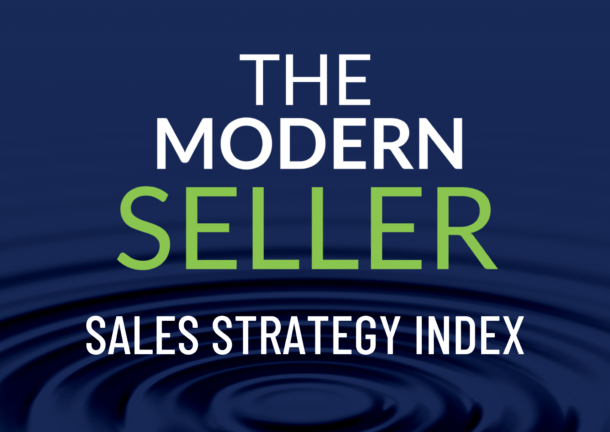Does your money language sabotage your sales success?
The answer is likely yes. Your language around money impacts you more than you may realize. It can be your competitive advantage or your biggest saboteur when it comes to sales success.
When you’re aware of how this is showing up in your customer interactions and your overall sales strategy, you can put better approaches in place to maximize your success.
How Your Money Approaches Show Up in Sales
Your language around money is both about the words you choose and how financial conversations occur in your sales process. For example:
- Are false growth metrics making you complacent? Examples of how this manifests itself include relying on price increases to grow or avoiding sales prospecting because of product or personnel constraints. You might also avoid the pursuit of future strategic clients because you’re focused on the here and now. While you might have short term gains, your long-term success will suffer.
- Do financial and budget conversations come too late in your sales process? One of the biggest ways this manifests itself with weakly qualified opportunities that stall out. Waiting to have financial conversations with clients doesn’t serve them or you, and it can ultimately erode the trust they have you.
- Do you routinely pull deals into a quarter-end or year-end by offering discounts? While sometimes this strategy is necessary, it can also be dangerous. It obviously erodes margins on the current deal, but you’re also eroding future margins by introducing a lower set point. It can also run deeper, by eroding client trust in your pricing strategies, and training them how to treat you in the future.
- What words do you use to describe finances? Words like “cost” and “expense” can often have a negative connotation in sales conversations. Words like “fee” or “price” can be interpreted in a variety of ways but tend to be more neutral. Words like “investment” or “value” will be more in aligned with premium products and services. If your goal is to be viewed in that premium space and command higher prices, the words you choose matter.
- Do you avoid asking difficult or thought-provoking questions? The keeps everything surface and doesn’t get the heart of why a decision maker is considering you or their motivations. It can stem from a need for approval or a unspoken fear around what will ultimately become a budget conversation.
Leading (and Not Just Handling) Successful Fee Increases
It’s inevitable that at some point you’ll have a sales conversation around fee increases, whether it’s due to a triggering event like supply chain or inflationary issues, or your firm is making strategic increases across the board. Below are some questions to incorporate into your sales strategy.
- Is this a temporary increase, or something long-term or even permanent?
- What is the additional value they will receive with a price increase?
- Are you having regular conversations with your clients, so that a discussion around fees isn’t the only topic of conversation over the past several quarters?
- Can you confidently demonstrate your understanding of their outcomes, how they measure success, and what overall value they are looking to create?
- In a fee increase discussion, what would be a win-win-win? What other alternatives might we need to consider?
Habits to Improve Your Money Language
- Analyze your own buying habits, especially with premium products and services. Pay close attention to your internal monologue as you consider options. Also consider the amount of time you take to process your decisions and how you approach the buying conversation with the seller. There isn’t necessarily a right or wrong here; this is data for you to understand how your own approaches can help or hinder your sales conversations with clients.
- Pay attention to and adjust the words you use to describe finances with your clients. These can be words in sales conversations, sales proposals, or in negotiations. This includes adjusting to meet your clients where they are as well and what will resonate with them.
- Leverage silence. Role play and practice sharing what the investment or fee is for your firm’s products or services, and then be quiet. You’ll often find that otherwise you’ll begin to talk yourself out of it in front of the client.
- For sales enablement and sales training leaders, incorporate language around money into your sales training programs.
- Improve your overall financial acumen. Become well-versed in profit and loss statements and balance sheets or join the finance committee of a non-profit organization.
Could Your Sales Strategy Use an Expert Perspective? Amy Franko Can Help.
Amy Franko is the leader in sales strategy and sales leadership coaching, helping you to design best-in-class sales programs that accelerate growth. To significantly improve the outcomes of your sales strategy, let’s schedule a conversation. Don’t let your competition get an advantage. Contact us to schedule a conversation with Amy.


 Our Strategic Selling signature sales training program is now available online. This online sales learning program is ideal for professional services and B2B sales. Get started with 2 free lessons.
Our Strategic Selling signature sales training program is now available online. This online sales learning program is ideal for professional services and B2B sales. Get started with 2 free lessons.